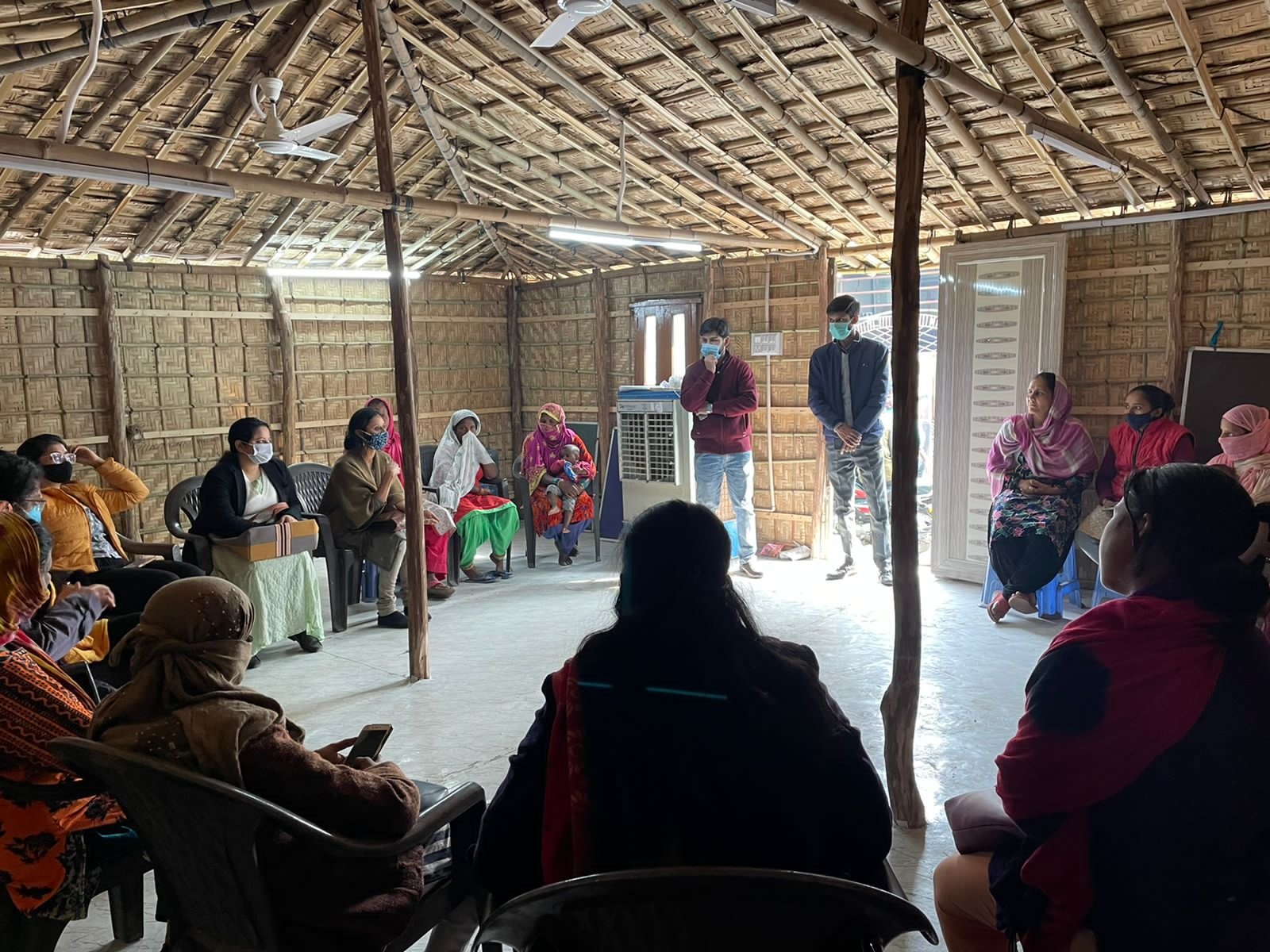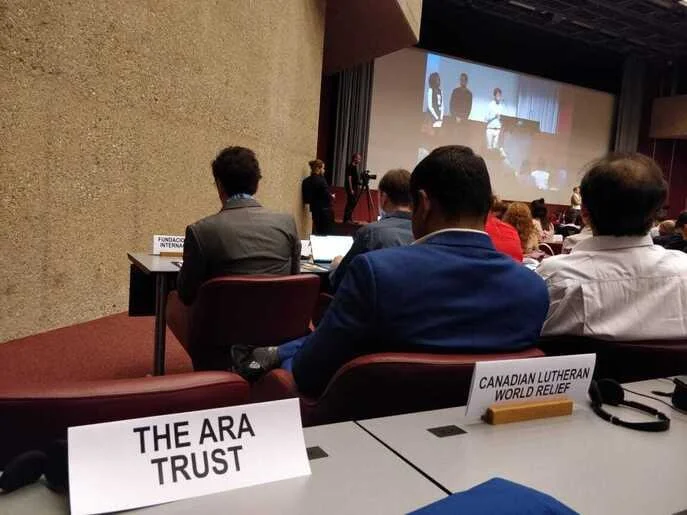Networks
Talika Network
Formed in 2021 following the escalating cases of SGBV during the Covid-19 pandemic, the Talika Network is a growing community of over 105 stakeholders; like-minded NGOs, paralegal volunteers, ASHA/ anganwadi workers, community leaders and other focal point persons who are committed to addressing SGBV issues within their communities. The network seeks to sensitise the community about violence against women, and the laws available for redress, strengthen existing local support structures as well as building a referral system that links the complainant with a relevant redressal system.
The Talika app, launched on February 21, 2022 and available for download on Google Play Store, is a digital tool which will enable survivors to access local support structures—NGOs, ASHA/anganwadi workers, government clinics, police stations, legal aid centres, etc., and government helplines; as well as gain simplified knowledge on what constitutes SGBV and applicable laws for redressal.
Migrant Assistance Innovation Network (M.A.I.N)
Launched by MAP in August, 2020 in the aftermath of the Covid-19 pandemic, the Migrant Assistance Innovation Network (M.A.I.N) serves as a platform for law students, legal practitioners, regional and international civil society organisations and other actors to sustain discourse on, and act as a forum for information & resource sharing, research, capacity building, and outreach and joint advocacy, with the objective of realising, enforcing and protecting the rights of the migrant worker community. It is a growing network with over 12 members.
Global Strategic Litigation Council for Refugee Rights
MAP is a Steering Council Member of the GSLC, an initiative of the Zolberg Institute of Migration and Mobility and Cornell Law School. The Council, comprising a group of legal experts and advocates, will serve as a hub for activists seeking to use strategic litigation and related legal advocacy to advance the protection of refugee rights and the consistent and progressive development of international law worldwide. The Council is the first of its kind to undertake coordinated transnational legal advocacy on the rights of refugees or other migrants.
UNHCR - Global Academic Interdisciplinary Network
MAP has been a member of the prestigious Global Academic Interdisciplinary Network (GAIN) network since the its launch at the 2019 Global Refugee Forum. GAIN partners with forced displacement networks, alliances and consortiums on projects that advance implementation of the Global Compact on Refugees.
UNHCR Working Groups on SGBV & Child Protection
MAP and UNHCR have had a long and fruitful association since its inception in 2013 and continue to collaborate on various programmes to advance the rights of forced migrants in the region. MAP is an active member of UNHCR’s working groups, including those on SGBV and Child Protection, and is frequently called upon to share its expertise on legal issues.
Asia Pacific Refugee Rights Network (APRRN)
MAP is a member of APRRN, a network of 400+ individuals and civil society organisations committed towards advancing the rights of refugees in the region. M.A.P is a member of various working groups and was formerly the chair of the working group on Legal Aid and Advocacy.
UN Women Beijing+25 Civil Society Steering Committee for India
MAP is a member of the UN Women Beijing+25 Civil Society Steering Committee for India since July, 2019, and has played an active role in engaging with human rights defenders and women rights groups on a national and regional level to address gaps and challenges and give policy recommendations to enforce the rights of women, and in particular, those affected by conflict.
UN Migrant Network
MAP is a member of the UN Network on Migration which was set up to ensure effective, timely and coordinated system wide support to Member States and to help realise the objectives set out in the Global Compact on Migration (GCM).









